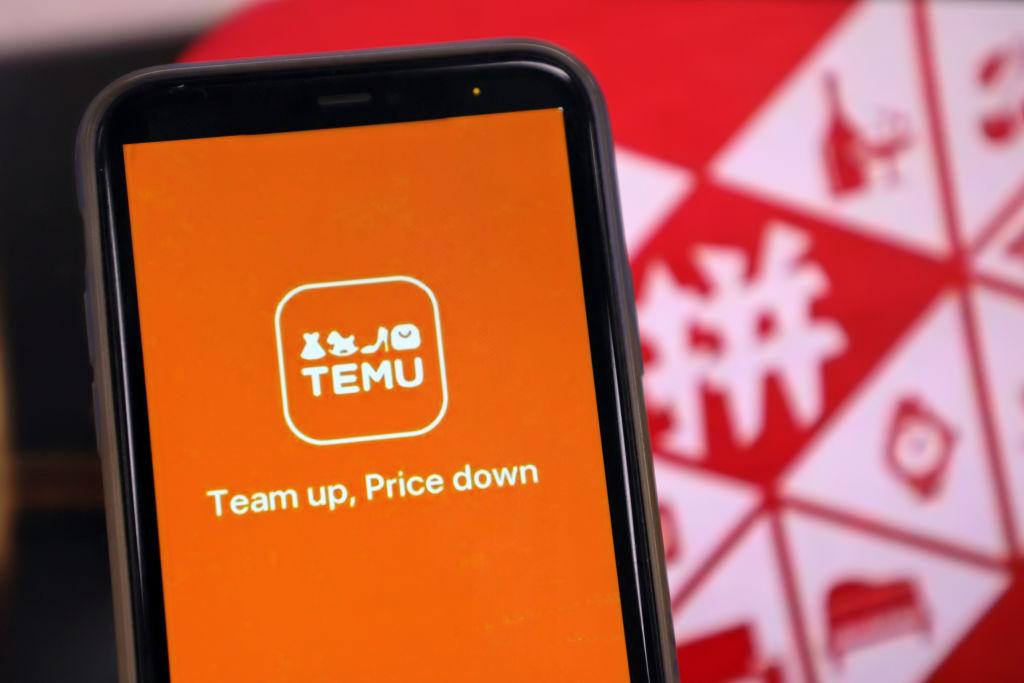Sens. Tom Cotton (R-Ark.) and Marco Rubio (R-Fla.) have called on the Biden administration to investigate two major Chinese fashion retail apps, Temu and Shein, amid concerns over forced labor, human rights abuses, and intellectual property theft.
In a letter dated April 15 to President Joe Biden, Mr. Cotton raised concerns about Temu’s alleged unfair trade practices, intellectual property theft, and human rights abuses.




